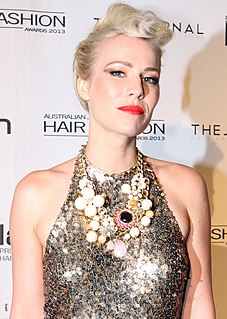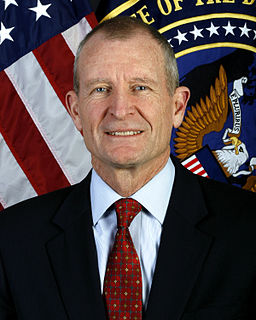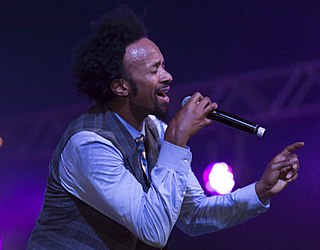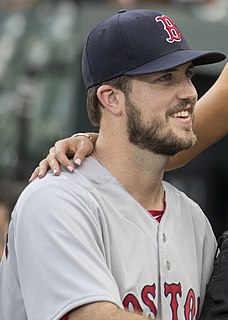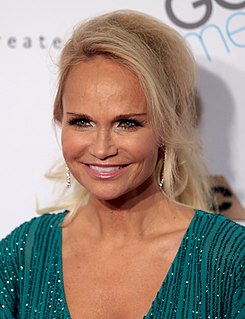A Quote by Rush Limbaugh
Apparently we've got open borders. We've got people in this country all over the place that could be part of cells. After 9/11 happened, you have to understand, leadership and law enforcement after 9/11, they really got reamed for doing a horrible job of preventing it when in many people's minds it was preventable.
Related Quotes
We've got to reach out to Muslim countries.We've got to have them be part of our coalition. If they hear people running for president who basically shortcut it to say we are somehow against Islam, that was one of the real contributions, despite all the other problems, that George W. Bush made after 9/11 when he basically said after going to a Mosque in Washington, we are not at war with Islam or Muslims.
When you look at the actual numbers, the number of people who died after 9/11 was greater than the number of people who died in 9/11, even if you are talking Americans. But you know, I don't like to talk Americans. I want to talk everybody. More innocent people died after 9/11 because of 9/11 than died in 9/11.
I think the world is more perilous and America is basically undefended. For me the two touchstones after 9/11 for domestic security were our borders. Not for discriminatory reasons or to stop immigration, but simply to allow law enforcement to find out who is in our country without facing an undocumented pool of aliens that increases by the hour.
More and more, leadership, whether it's profit or nonprofit, is about recruiting and keeping talented people. That's the biggest challenge. Yes, you've got to create systems that will enable people easily to innovate continuously; you've got to be a system-builder. But finding and keeping geeks and shrinks is the biggest challenge. That means leaders have got to be salespeople, they've got to be recruiters, and they've got to be actively able to understand and keep the talent they have. Leadership is courtship. That's what it's becoming.
Once we got hit by - on 9/11 and lost 3,000 people that day, we recognized, and it was one of the key decisions President Bush made, that this is not a law enforcement problem, it is a strategic threat to the United States. It's a war. And based on that, we then adopted a whole set of policies that flowed out of that proposition.
After the first time I got traded - I was in the bullpen warming up for a game in Double A, and I got called back in and got traded - that was probably the, like, most crazy it could be. And once I got traded, the next time it got a little easier, and I got traded the next time - it's just part of it.
I grew up in Canada and I was 10 years old when 9/11 happened. And I think that really changed the landscape for Arabs around the world, obviously, but especially Arab actors, I think we started getting viewed a little different. Like, my whole experience just as a kid before 9/11 and after 9/11 was drastically different.



